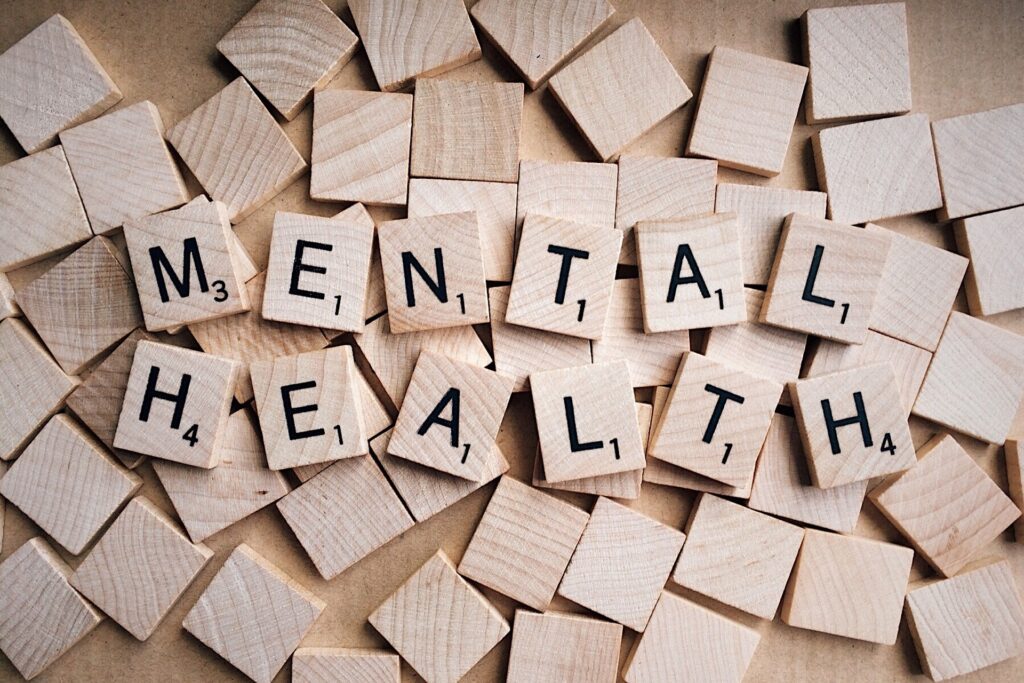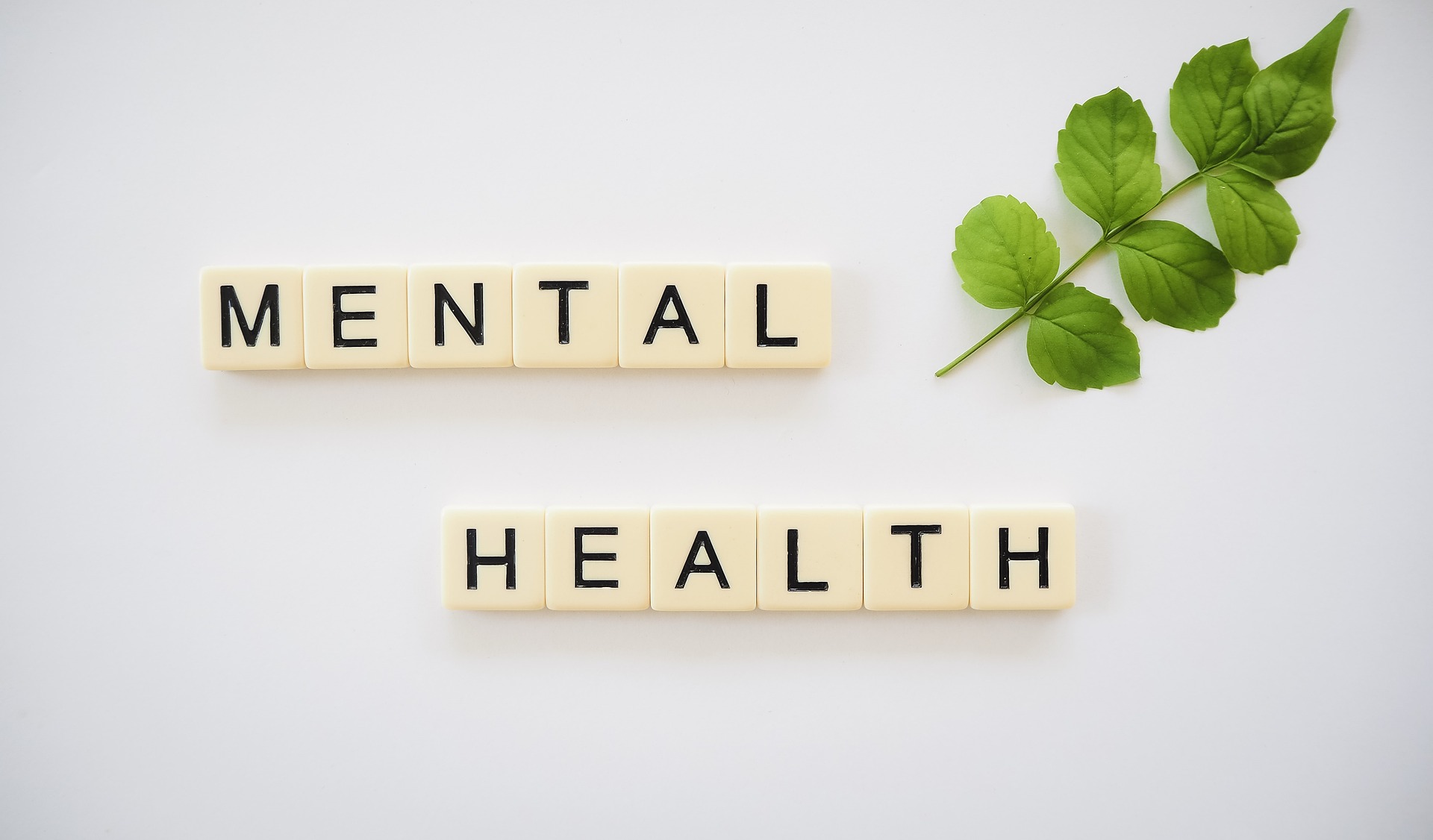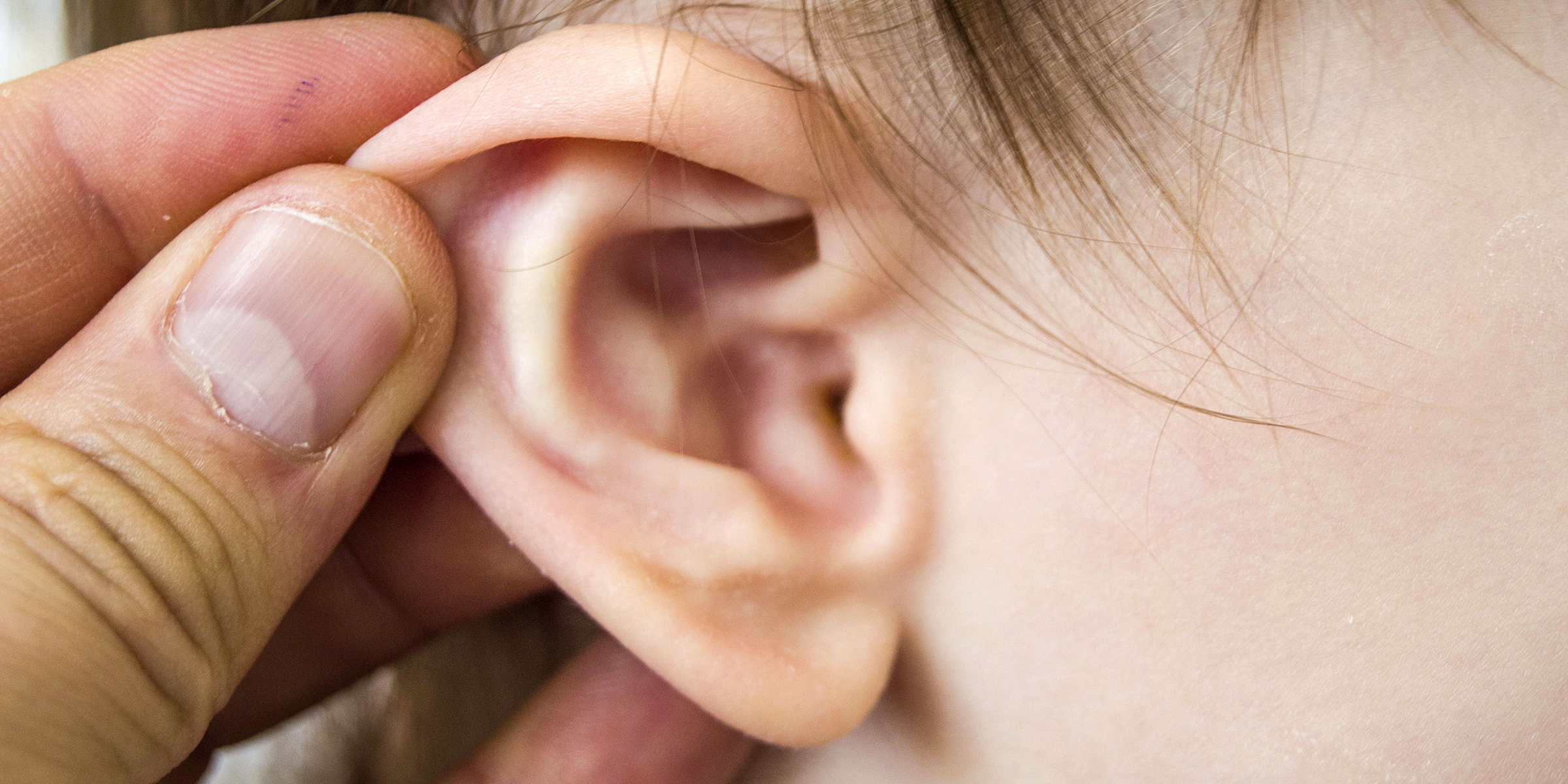Mental health refers to an individual’s overall psychological well-being, including their emotional, cognitive, and social functioning. Mental health can be affected by a range of factors, including genetics, life experiences, and environmental factors.
There are many different types of mental health disorders, each with their own set of symptoms and treatment approaches. Some common types of mental health disorders include:

- Anxiety Disorders: These include conditions such as generalized anxiety disorder, panic disorder, social anxiety disorder, and obsessive-compulsive disorder. Symptoms can include excessive worry, fear, and avoidance behaviors.
- Mood Disorders: These include conditions such as depression and bipolar disorder. Symptoms can include feelings of sadness, hopelessness, and loss of interest in activities.
- Personality Disorders: These include conditions such as borderline personality disorder, narcissistic personality disorder, and antisocial personality disorder. Symptoms can include difficulties with interpersonal relationships, emotional regulation, and self-identity.
- Eating Disorders: These include conditions such as anorexia nervosa, bulimia nervosa, and binge eating disorder. Symptoms can include distorted body image, restrictive eating behaviors, and purging behaviors.
- Psychotic Disorders: These include conditions such as schizophrenia and delusional disorder. Symptoms can include hallucinations, delusions, and disorganized thinking.
It’s important to note that mental health disorders are not a sign of weakness, and seeking treatment is a sign of strength. Treatment approaches for mental health disorders can include medication, therapy (such as cognitive-behavioral therapy), lifestyle changes, and support from family and friends.
It’s also important to prioritize self-care and take steps to promote positive mental health. This can include practicing stress management techniques, engaging in regular exercise, getting enough sleep, eating a healthy diet, and seeking social support.




